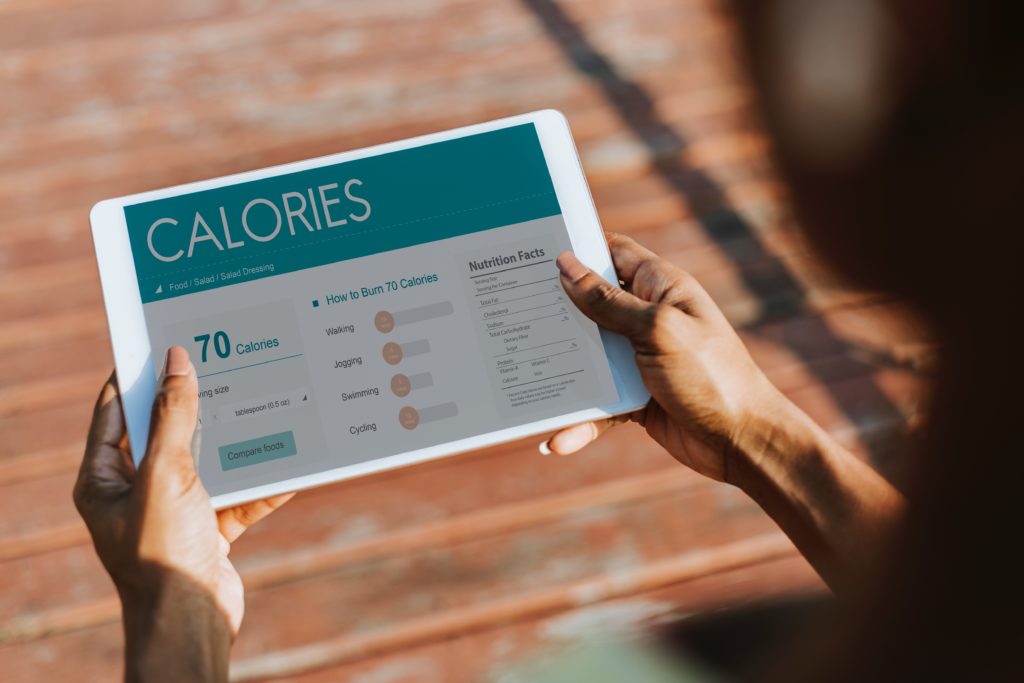
Why Are We Still Counting With Calories?
Written by Aush Chatman
I have read many articles on weight/fat loss over the years, and just slightly less on weight/muscle gain.
I think we all understand that the human body is incredibly complex in its machinery. Simplifying things is an important endeavor so that we can move ahead without needing a Ph.D. in multiple disciplines.
If someone came to you for advice on how to lose weight, what would your answer be? I suspect the most prevalent answer would be along the lines of, eat less, workout more. Or to say really succinctly, live at a calorie deficit i.e. burn more calories than you consume.
Is that good advice? A question we SHOULD all ask ourselves since we are willing to give this advice out so freely.
What is a calorie?
Let’s take a look at what a calorie IS…then revisit the question.
A calorie is the amount of energy required to raise the temperature of 1 kilogram of water by 1° Celsius at standard pressure.
Notice there is no food component to this definition, nothing to do with nutrition.
There is a Calorie count to gasoline, firewood, baby powder, a book bag, and so on. Hopefully, you are not eating any of those items listed since they are NOT food.
Why do we talk about calories with food?
Well, two primary reasons I can see.
First, it makes sense as a way to compare different types of food on a level playing field. Since one of the reasons we eat is for energy it makes sense on some level to understand how much energy different foods can provide.
Second, is the obesity epidemic in the USA and the Federal Government’s attempt to combat it. Laws have been passed that require food companies to provide the caloric levels of food they serve along with nutrient content and ingredients (food labels).
Our bodies, however, DO NOT have a way to measure calories. Our bodies do not operate on any sort of caloric paradigm. Our bodies use hormones to regulate functions. There is really no such thing as a daily caloric requirement.
Now using a daily caloric requirement and counting calories may work for you so I am not trying to bash that strategy but understand that any diet is really about hormonal regulation. The success of each diet is really dependent on how successful it is at helping you manage hormones.
How do you lose weight?
You trigger/regulate hormonal releases of hormones related to food intake, energy output, and metabolizing fat cells (see Leptin, Ghrelin, Insulin, Glucagon, Epinephrine, Cortisol, HGH, etc).
So while that answer is not simple if you’ve beaten your head against the wall trying to reduce calories and increase exercise and seen very little to no results, maybe going deeper isn’t a bad idea for you. You really don’t need a Ph.D., and because hormones actually interact with our body, unlike calories. There will be more feedback for you and you can “feel” how you’re doing instead of waiting and hoping the scale and the mirror show results.
If you have any questions or comments or disagreements please hit me up, let’s have a conversation! I would love to know more or elaborate on what I do know.
Also Check Out…
The Pros & Cons of Counting Macros
The Pros & Cons of Keto
Back to the Basics: Portion Control